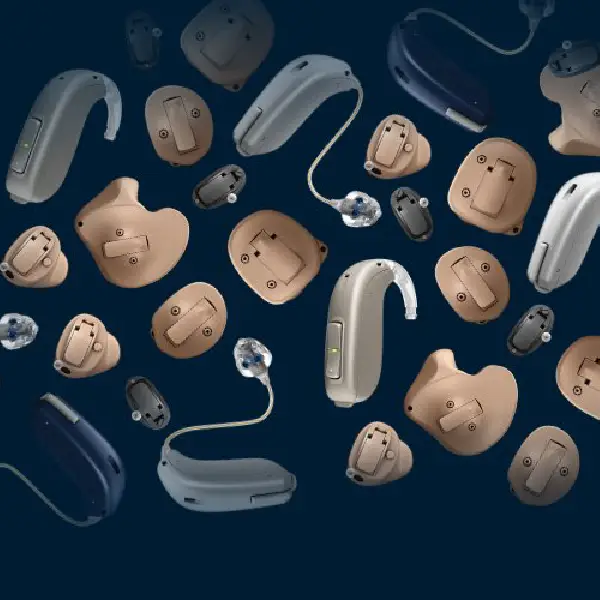- Home
- About Us
-
Our Services
-
All services
- Ear Wax Removal
- Hearing Screening
- 90 Min Initial Comprehensive Hearing Assessment
- Diagnostic Assessment
- Hearing Aid Discussion
- Pre-Employment Test
- Custom Ear Plugs
- Work Cover Assessment
- Hearing Aid fitting and follow up
- Hearing Aid Check and Adjust
- End of Warranty Recalls
- Hearing Aids Purchased Elsewhere
- Tinnitus Assessment
- Our Approach
- Services For Pensioners and Veterans
-
All services
- Hearing Aids
- Hearing Health
- Tinnitus Management
- Contact
- Book Now

